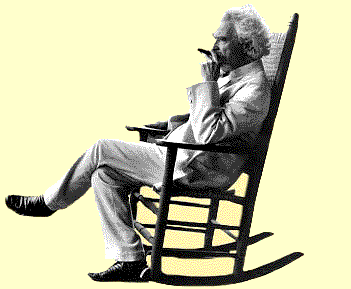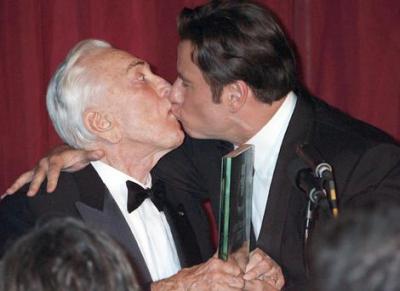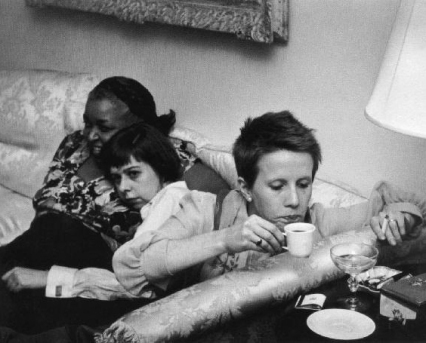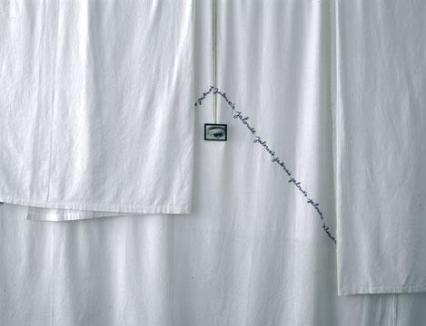Never a more generous man have I met than poet and friend, Matthew Rotando. I take great pleasure in singing the praises of his first book of poems, THE COMEBACK’S EXOSKELETON. I wish you could all know him too, as you will find that once you fall in love with this collection, you will long to meet the person who has such zest for life as well as an eye not afraid to behold our evils. It’s really a lovely collection — and I’m not just saying that because I’ve been waiting for years for it to appear. You should throw caution to the wind and take up this EXOSKELETON! Discover how well dresses up your own worldview!
What others are saying:
Incorporating the density of Spanish surrealism and a sprawling Whitmanesque line, this amazing first book finds Rotando engaged in a poetic biathlon which draws equally from maximal and minimal traditions. There are tight, economical poems, free verse forms derived from the sonnet, poems leaping about the page, but my favorites are the wonderful prose poems tumbling over and under themselves toward gnomish statements that feel both didactic and self-parodying. –Tim Peterson, from the Foreword
The rich, exultant writing in Matthew Rotando’s first collection is both comic and cosmic. Lyrics steeped in the Latin American literary tradition disclose what might be called the surreality of reality in contemporary American culture, while cadences of Stein and Barthelme make the prose poems in The Comeback’s Exoskeleton ring with laughter of great philosophical depth. This is a writer unafraid to love and to err, and to do so with irrepressible grace and humour. To read such unapologetically joyous work is a tonic for melancholy and a prescription for wonder. –Srikanth Reddy, Facts for Visitors
And a few short poems from the collection, though there are many longer ones to gleefully sink into:
THE OCTOPUS MAN, TO HIS SON
Son, watch the way the eaves bend when you breathe.
They move the way a star would
If you could corral water into spheres.
Shadows play in the paint under the floor:
Tentacular spirits!
They will hold your cages and laboratory equipment.
Your time as a human is near at hand;
I am repealing all the old regulations
Regarding prostrations and guttural pronouncements.
There will be things called Souvenir Shops;
Bring back an “I ♥ Mt. Rushmore” keychain for your mother.
~~
TOM DEVANEY, LON CHANEY
I snave this heaking suspicion
That the poung yoet, Tom Devaney,
Is really the mold oviestar, Lon Chaney.
If lou yisten to the way they laugh,
Or notice their hartling, storror movie eyes,
You’ll sefinitely dee
That they’re both obvious dasters of misguise.
AMY, I’M GOING TO CALL YOU THE TROUBLE GIRL
I like trouble. I like to shoot watermelon seeds at passing barges. I wanna
put Elmer’s Glue in your hair and make it stick straight up. I wanna go
down to the docks and kick some ass! Your shoes small like skunk. And
so do mine. If we were lizards, I bet we would both be geckoes with
sticky round fingers. A friend is someone who decides to find you out.
Let’s have a broken bottle party! A Chinese dude, Shih-Wu, said, “Pine
trees and strange rocks remain unknown to those who look for mind
with mind.” So let’s not bother. Let’s just walk arm in arm through a
crumbling metropolis, clacking castanets.
–From THE COMEBACK’S EXOSKELETON by Matthew Rotando
In the mood for one more? Try this one, complete with a nearly naked pic!
☻☺☻☺☻☺





January 31st, 2008 at 5:55 pm eLooks like Mark Twain has anxiety…
…but wait, that’s correct.
Love those, esp. the last two.
The face is bold, looking in and out.
February 3rd, 2008 at 4:05 am eYay! I’m glad you liked them, Jim! It’s funny – Ana also said she liked the last two best too.
February 4th, 2008 at 8:12 am eAll your poems are amazing, but “Two if by Land, I Do” has me reading and rereading and wondering. It’s probably no stretch to say it is an important poem, where you’ve gotten at the cosmic through the personal, all by one little twist – changing “do you want” to “do you believe.”It is really astounding to me how nuanced your political views are, how they comprehend so many issues most of us would abstract from the realm of politics.I sound nuts, don’t I.
February 4th, 2008 at 9:08 pm eheh…not at all, Ashok. There are political, personal, and
philosophical nuances swimming in that ocean. Your
language and cultural tuning is astute.